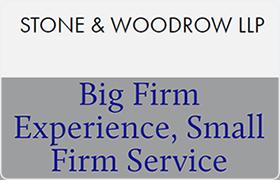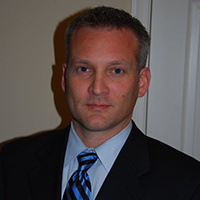Afton Wills & Probate Lawyer, Virginia
Sponsored Law Firm
-
 x
x

Click For More Info:
-
Stone & Woodrow LLP
250 W Main Street Suite 201 Charlottesville, VA 22902» view mapAccident & Injury Law Big Firm Experience, Small Firm Service
We consider a wide variety of personal injury cases, but we are selective in the ones that we accept. We believe that a small caseload translates into quality representation.
800-836-7131
Includes: Estate Administration, Living Wills, Wills
 Will Woodrow Charlottesville, VA
Will Woodrow Charlottesville, VA Practice AreasExpertise
Practice AreasExpertise
